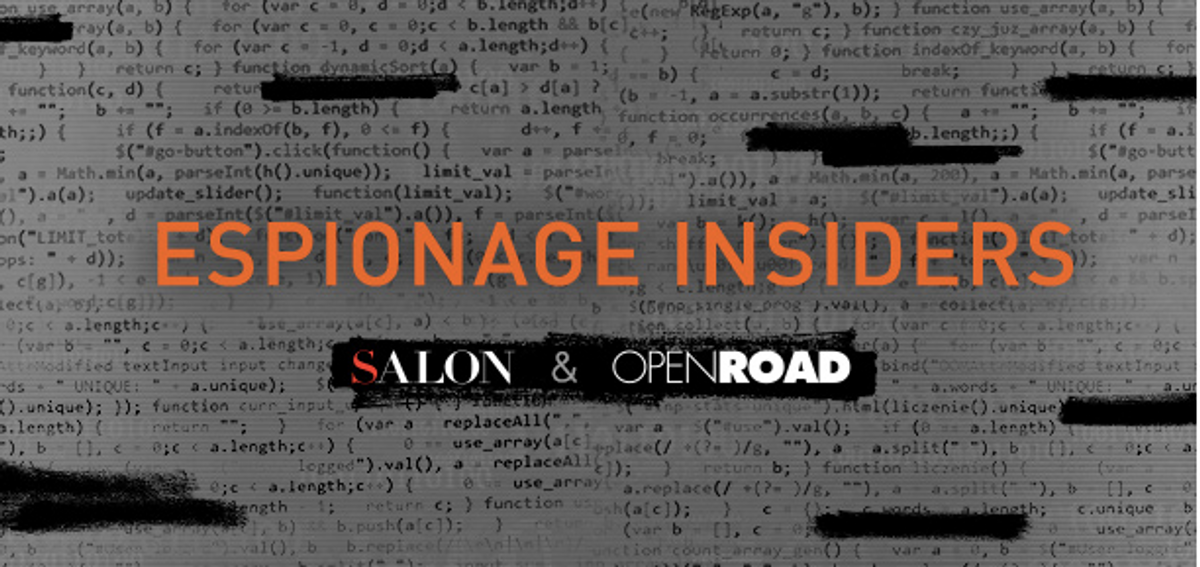“I can’t think of any other issue that moved people so quickly.” By security expert Bruce Schneier’s estimation, more than 700 million people worldwide changed their behavior on the Internet as a direct result of what Edward Snowden’s NSA leak revealed about government surveillance. Even more amazing: they all did it within one year.
What motivated so many private citizens to take action? “They did that because of secrets. The biggest enemy to society, the thing that is most corrosive, is secrecy,” says Schneier. “Edward Snowden started the dialogue.”
The effects of the massive security breach reverberate years later, not just in how often we change our passwords, but also in how we live. “As human beings, the fact that we forget is integral to how we function in society, to how we heal emotionally, and to how we grow. Imagine you can recall every conversation you ever had with your spouse. Is that a world you want to live in? That is what we are moving towards: It’s on email, it’s recorded. There’s a loss of ephemera. We have never before been in a post-forgetting world.”
While others argue that we are making a fair trade for our safety, Schneier starkly objects. “Surveillance-based security invades privacy. If a person says ‘I have nothing to hide,’ I say that privacy is not about something to hide. It’s about maintaining your autonomy in the world.”
Surely, though, surveillance is necessary to protect the homeland from terrorism, right? Not according to Schneier, who argues that in reality the increased invasion of privacy does little to keep us safe. “A trade off is not being made. We have erred too far in the side of security. When you are exposed, you don’t feel secure.” He believes that what keeps us safe—and free—are the tried-and-true elements of investigation, intelligence, and emergency response. “Blunt surveillance of the population doesn’t get you anything except political control. If you want to prevent political freedom, that’s what you use.” Accordingly, Schneier calls for less surveillance and more public process, while acknowledging that the issue is tremendously complex.
The solution, he knows, is not a simple one—in part because the ethos of spying is something we take for granted in our culture today. “The surveillance economy is huge,” Schneier explains. “That’s the fundamental problem. There is an entire economy based on spying on you and using the data against your interests.”
As citizens, Schneier notes that we’re complicit in what we surrender. From the medical information our FitBits offer up to the way our phones track our movements, we need to acknowledge how we expose ourselves. “People keep their heads in sand on everything,” he says. “Climate change, globalization… engaging is hard, and I understand why people don’t want to do it. I don’t think people really understand what we are giving up.”
What’s at stake? Peace of mind, for one thing. “Google collects your data and advertises to you, convincing you to buy things you wouldn’t otherwise,” he says. “It’s psychological.” An example, he says, is that our health data is sold and then “treatments” and cures are pushed on us through aggressive advertising. “All of that is based on your data. You are the product.”
Thinking of it in that way, it’s easy to start to feel like our society is already too far down the rabbit hole. “Yes, we have gone too far—but we can go back,” says Schneier. “Though no time soon. We are too punch-drunk on data.”
There is, however, an empowerment in knowing the truth. “History will judge Edward Snowden as a hero,” he says. “But first, the feelings have to subside. They are too raw right now. He exposed government abuse, and all of these things that weren’t right. He betrayed people because he defended a higher ideal.”
In a world where everything we do is subject to record, does Schneier think it is possible to be truly free? “I don’t believe our experiment in liberty is over,” Schneier says. I just don’t believe that. It’s too ridiculous.”
Bruce Schneier is an internationally renowned security technologist and author. To read his blog, Schneier on Security, click here. Mr. Schneier’s perspective is offered as part of a four-part series by Salon.com on behalf of Open Road Studios in celebration of the film SNOWDEN, in theaters September 2016. To read more in this series, start here.

Shares